 As an electrical contractor, I have seen firsthand the dangers that electrical hazards can pose to homes and businesses. Electrical safety should be a top priority for all property owners, whether it’s a small residential home or a large commercial building. In this article, I will outline some of the top electrical safety tips for homes and businesses in the Los Angeles area.
As an electrical contractor, I have seen firsthand the dangers that electrical hazards can pose to homes and businesses. Electrical safety should be a top priority for all property owners, whether it’s a small residential home or a large commercial building. In this article, I will outline some of the top electrical safety tips for homes and businesses in the Los Angeles area.
- Regular Inspection of Electrical Systems: The first and most important step in ensuring electrical safety is to have a licensed electrician inspect your electrical system regularly. If you own an older home or building, it is essential to have an inspection done to ensure that your electrical system is up to code and safe to use. Even if your property is relatively new, regular inspections can help catch potential electrical issues before they become major problems.
- Avoid Overloading Electrical Outlets: Electrical outlets are designed to handle a certain amount of power, and overloading them can cause serious problems. One common mistake that property owners make is to plug multiple devices into a single outlet using extension cords or power strips. While these items can be convenient, they can also be dangerous if not used correctly. Overloading an outlet can cause overheating, which can lead to a fire. Instead, use power strips with built-in circuit breakers and plug in only essential devices.
- Install Ground Fault Circuit Interrupters (GFCIs): Ground fault circuit interrupters (GFCIs) are designed to shut off the power quickly in the event of a ground fault. This can help prevent electric shocks and other electrical hazards. GFCIs should be installed in all wet and damp locations, such as bathrooms and kitchens. If you’re not sure whether your property has GFCIs installed, contact a licensed electrician to have them installed.
- Keep Electrical Cords and Cables in Good Condition: All electrical cords and cables should be in good condition and free from damage. If you notice any fraying or other damage to your cords, replace them immediately. Damaged cords can cause electrical shocks, fires, and other hazards.
- Keep Electrical Appliances Away from Water: Water and electricity don’t mix. Keep all electrical appliances away from water, and never use them near a pool or other wet areas. If you need to use an electrical device in a wet area, be sure to use a GFCI outlet.
- Don’t Attempt Electrical Repairs Yourself: Electrical repairs should be left to licensed electricians. Attempting to fix electrical problems yourself can be dangerous and can lead to serious injury or even death. If you are experiencing any electrical issues, contact a licensed electrician to have them fixed.
- Use the Correct Wattage for Light Bulbs: Using light bulbs with a higher wattage than recommended can cause overheating and potentially start a fire. Always use light bulbs with the correct wattage for your fixtures.
- Keep Flammable Materials Away from Heat Sources: Flammable materials, such as paper and cloth, should be kept away from heaters and other electrical appliances that generate heat. This can help prevent fires and other hazards.
- Have a Plan in Place for Power Outages and Electrical EmergenciesPower outages and electrical emergencies can happen at any time. It’s important to have a plan in place to ensure the safety of everyone on your property. Make sure you know where your circuit breaker is located and have a flashlight and extra batteries on hand in case of a power outage.
In conclusion, electrical safety is a crucial issue for all property owners in the Los Angeles area. By following these electrical safety tips, you can help prevent electrical hazards and keep your home or business safe. Remember, always leave electrical repairs to licensed electricians, and don’t hesitate to contact one if you are experiencing any electrical issues.






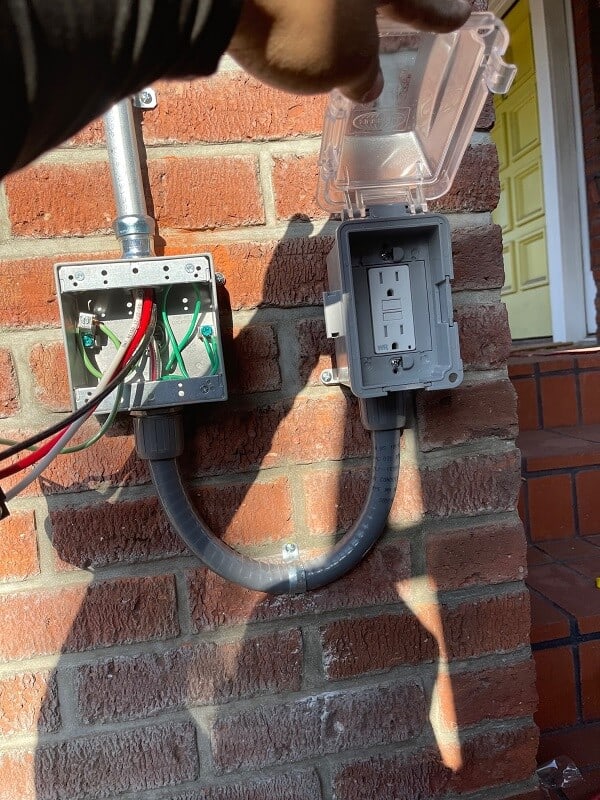
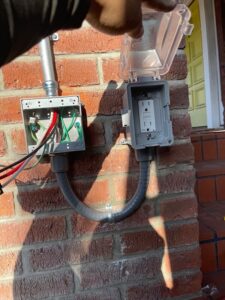 It’s almost impossible to imagine how the world as we know it today would look like without electricity. We definitely wouldn’t be able to do half of the things we so easily take for granted – such as taking a hot shower in winter or enjoying an iced tea during summer.
It’s almost impossible to imagine how the world as we know it today would look like without electricity. We definitely wouldn’t be able to do half of the things we so easily take for granted – such as taking a hot shower in winter or enjoying an iced tea during summer.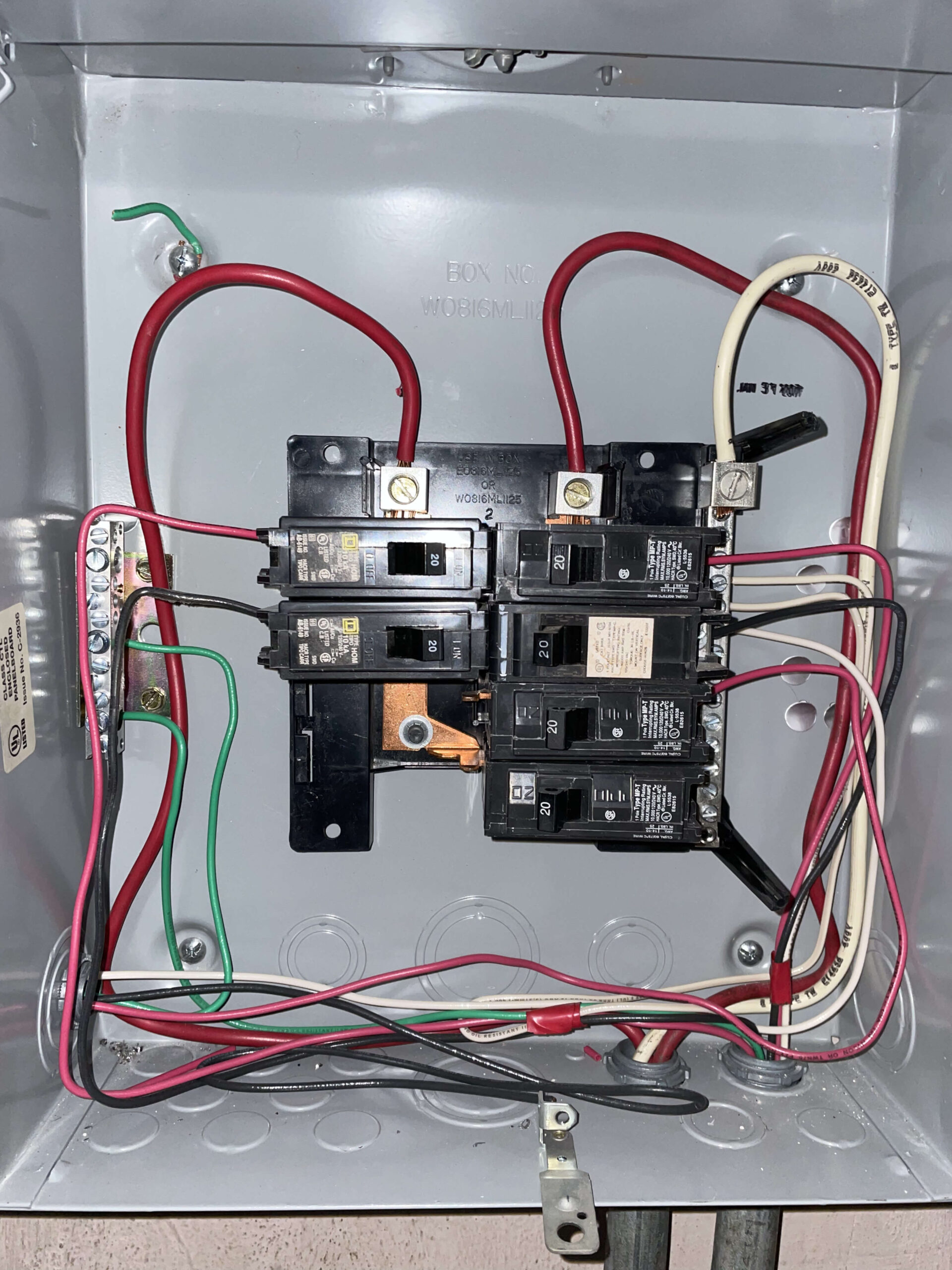
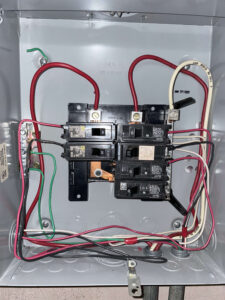 The electrical circuit in your home is a network of wires and outlets that all work together to provide power to various appliances. Electrical power in these circuits can come from either direct current (DC) or alternating current (AC). This current can cause power surges or dips when it flows through your gadgets. Protective devices like fuses and circuit breakers are used to make sure that the gadgets or electrical circuits they are installed in are safe to use. In this article, we’ll compare and contrast fuses with circuit breakers and discuss their respective benefits.
The electrical circuit in your home is a network of wires and outlets that all work together to provide power to various appliances. Electrical power in these circuits can come from either direct current (DC) or alternating current (AC). This current can cause power surges or dips when it flows through your gadgets. Protective devices like fuses and circuit breakers are used to make sure that the gadgets or electrical circuits they are installed in are safe to use. In this article, we’ll compare and contrast fuses with circuit breakers and discuss their respective benefits.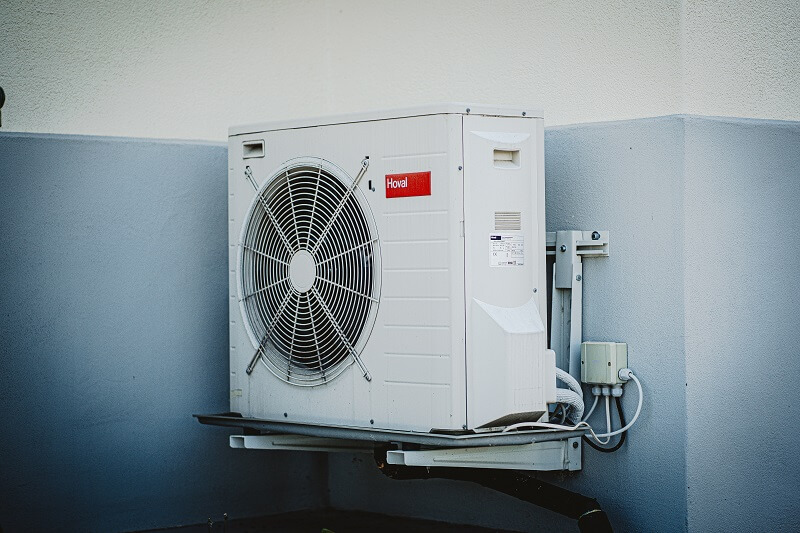
 You’ve probably noticed that your lights momentarily grow dim whenever you turn on your AC Unit. Have you ever wondered why? If you haven’t then you are not alone; several people also experience the same thing. It’s very easy to get used to such things when they happen ever so often but in today’s article, we’d take a look at the reason your lights flicker when you turn on the AC.
You’ve probably noticed that your lights momentarily grow dim whenever you turn on your AC Unit. Have you ever wondered why? If you haven’t then you are not alone; several people also experience the same thing. It’s very easy to get used to such things when they happen ever so often but in today’s article, we’d take a look at the reason your lights flicker when you turn on the AC.
 Electricity has become a crucial part of modern life. It is used in various ways and in different situations of daily living. However, there are instances where working with electricity becomes dangerous. One of such is when you have electrical short circuits. In today’s article, we’d take a look at short circuits, including their common causes, signs, and helpful tips to help keep you safe.
Electricity has become a crucial part of modern life. It is used in various ways and in different situations of daily living. However, there are instances where working with electricity becomes dangerous. One of such is when you have electrical short circuits. In today’s article, we’d take a look at short circuits, including their common causes, signs, and helpful tips to help keep you safe.


 Finding the right electrical company that not only provides excellent electrical solutions but also takes into consideration your every need while offering professional advice and long-lasting services can prove quite problematic.
Finding the right electrical company that not only provides excellent electrical solutions but also takes into consideration your every need while offering professional advice and long-lasting services can prove quite problematic.
 If you live in an older house, chances are you’d have to re-modify a lot of things including your electrical wiring. With time, all things start to wear off and breakdown. It’s always advised to do a routine check as often as you can and call for professional help the minute you notice a problem.
If you live in an older house, chances are you’d have to re-modify a lot of things including your electrical wiring. With time, all things start to wear off and breakdown. It’s always advised to do a routine check as often as you can and call for professional help the minute you notice a problem.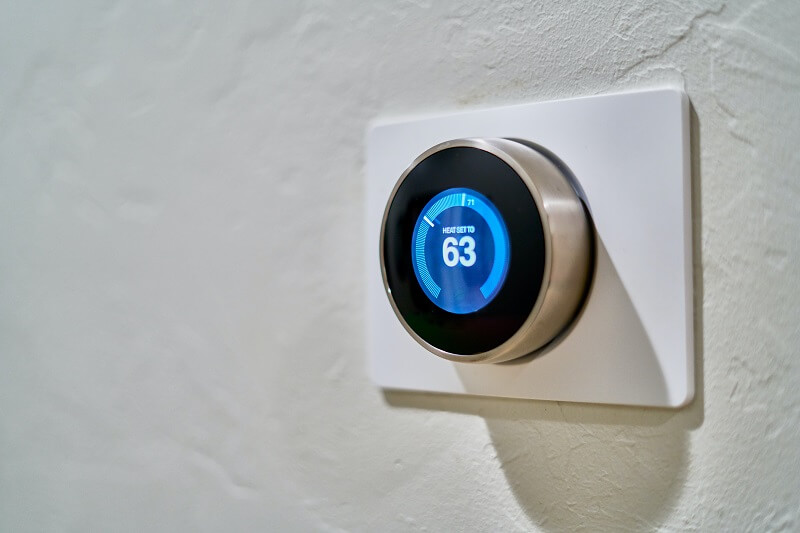
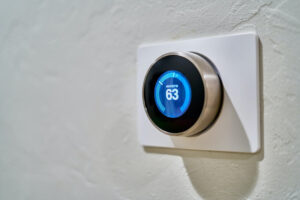 Electrical problems are too much of a risk to leave unattended. If you’re reading this, you’re probably wondering why your lights flicker when you turn on the AC. It’s important to know that your AC needs a high amount of electricity to power up initially. Turning it up will eventually lead to it draining energy from other appliances already turned on, like your lights. This is what causes them to flicker. Subsequently, your lights would also dim and lose about 5% of their initial brightness. This is a normal occurrence if you have a modern AC unit or you live in an older home, then you may have nothing to worry about.
Electrical problems are too much of a risk to leave unattended. If you’re reading this, you’re probably wondering why your lights flicker when you turn on the AC. It’s important to know that your AC needs a high amount of electricity to power up initially. Turning it up will eventually lead to it draining energy from other appliances already turned on, like your lights. This is what causes them to flicker. Subsequently, your lights would also dim and lose about 5% of their initial brightness. This is a normal occurrence if you have a modern AC unit or you live in an older home, then you may have nothing to worry about.
 Having under-cabinet lighting is an excellent investment to have in any kitchen or countertops as it brightens the area below it that may be darkened because of the cabinets above them. Working on countertops or utilizing the area below could be a bit difficult to do without the lights. Aside from just brightening the area, they also increase the resale value of your home all while making it aesthetically beautiful and giving your kitchen a more modern feel.
Having under-cabinet lighting is an excellent investment to have in any kitchen or countertops as it brightens the area below it that may be darkened because of the cabinets above them. Working on countertops or utilizing the area below could be a bit difficult to do without the lights. Aside from just brightening the area, they also increase the resale value of your home all while making it aesthetically beautiful and giving your kitchen a more modern feel.